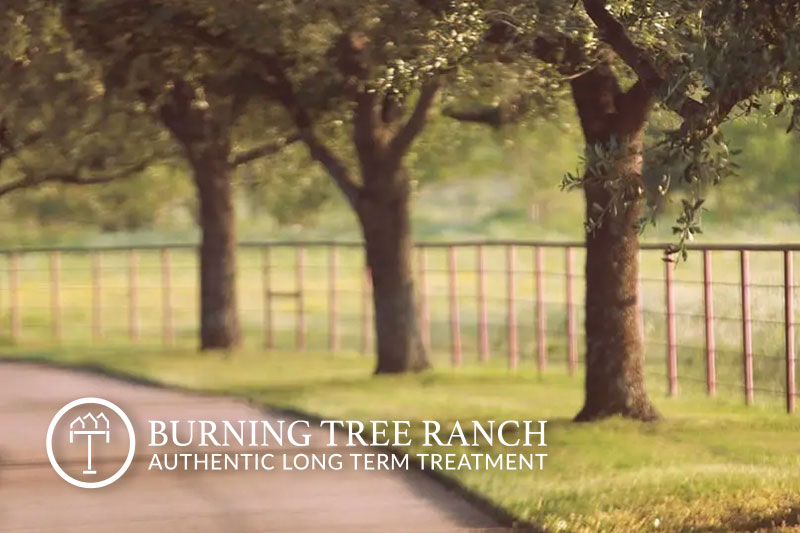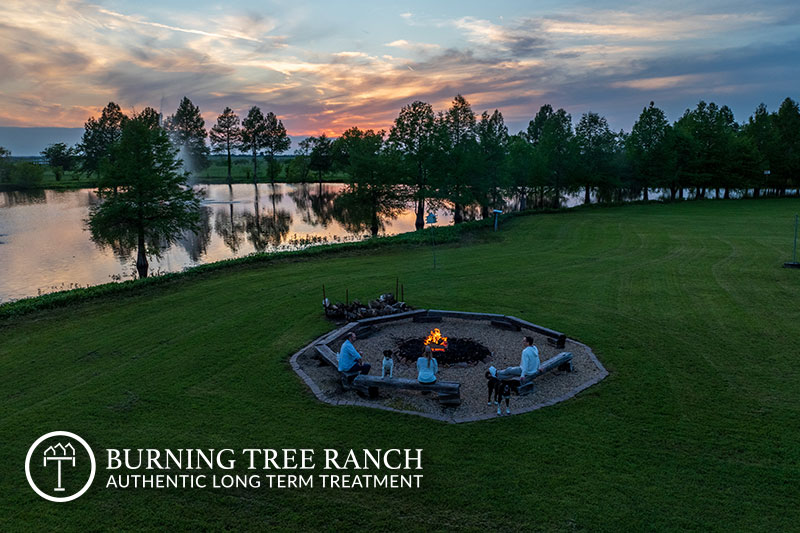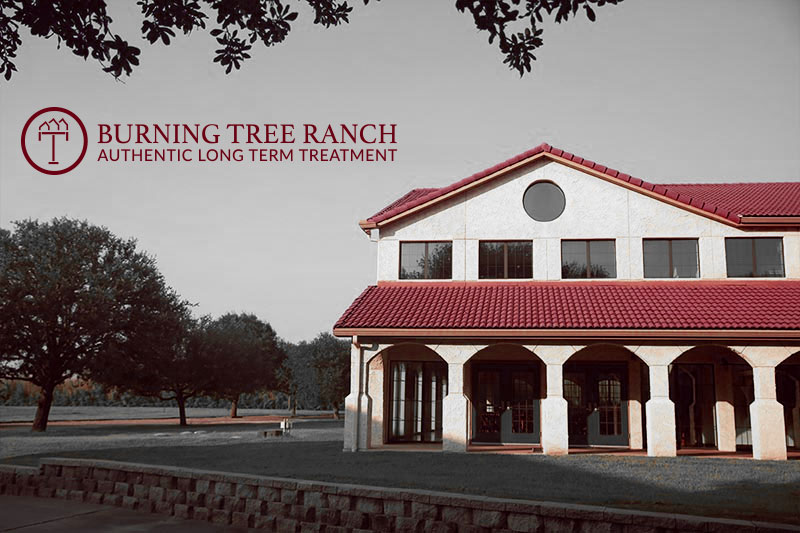Why Do Estate Planners Trust Burning Tree?
Because protecting a legacy means encouraging the right kind of help.

Signs It’s Time to Talk About Treatment
You may encounter red flags like:
- A client or heir making reckless financial decisions
- Legal or tax complications linked to addiction
- Family disputes driven by substance-related behavior
- Disclosures of substance use from the client or their family
- Requests for trusts or conditions tied to impaired beneficiaries
These aren’t just challenges—they’re opportunities to intervene for the sake of the estate and the people it was created for.


The CEP’s Role in Safeguarding the Estate
You’re not expected to recommend treatment directly—but you can guide the conversation toward protecting the estate through:
- Confidential referrals to trusted providers
- Discussing conditional distributions (e.g., incentive trusts)
- Collaborating with healthcare or legal professionals
- Using estate plan reviews to revisit goals aligned with recovery
A Legacy-Based Motivation for Treatment
Clients are often more open to treatment when they see it as a way to protect what matters most. You can help create that bridge by:
- Linking treatment to estate goals: Recovery may be the only way to preserve generational wealth or ensure business continuity.
- Showing the cost of inaction: Legal challenges, lost assets, and broken family ties can all stem from untreated addiction.
- Involving family support: Coordinated communication can help motivate reluctant clients.
- Positioning treatment as an investment: Like estate planning, recovery is about long-term gains—and lasting peace of mind.
“When addiction puts a legacy at risk, it’s not just about money—it’s about values, vision, and the people left behind.”
Brook McKenzie, LCDC
CEO, Burning Tree Programs

Why Estate Planners Trust Burning Tree Ranch
Burning Tree Ranch provides long-term, accountability-based treatment for clients who have failed to recover in shorter programs. We specialize in:
- Serving high-net-worth individuals and families
- Treating chronic addiction and co-occurring mental health conditions
- Providing 8–14 months of residential care, plus 12 months of aftercare
- Maintaining discretion and clear communication with professional advisors
Your client’s recovery plan deserves the same care and structure as your estate plan. That’s where we come in.

Ready to Start the Conversation?

We’re here to support you—and your clients—with experience, discretion, and respect for the complexity of legacy.
Have a referral?
I’d be happy to help.
Call or submit an inquiry—and feel free to request me directly.
Brook McKenzie, LCDC
CEO, Burning Tree Programs
“Burning Tree not only saved my sons life they gave him a life we could have only imagined. It was his last chance since all other programs had failed. Our lives had been a living hell. They educate the entire family and you will never find a more understanding or compassionate group of people dedicated to your loved ones recovery.”
Lisa M.
Family of Burning Tree Alumni
Have a Referral?
If you suspect a client is facing a crisis bigger than balance sheets, we’re here to help. Confidentially, ethically, and without pressure.
